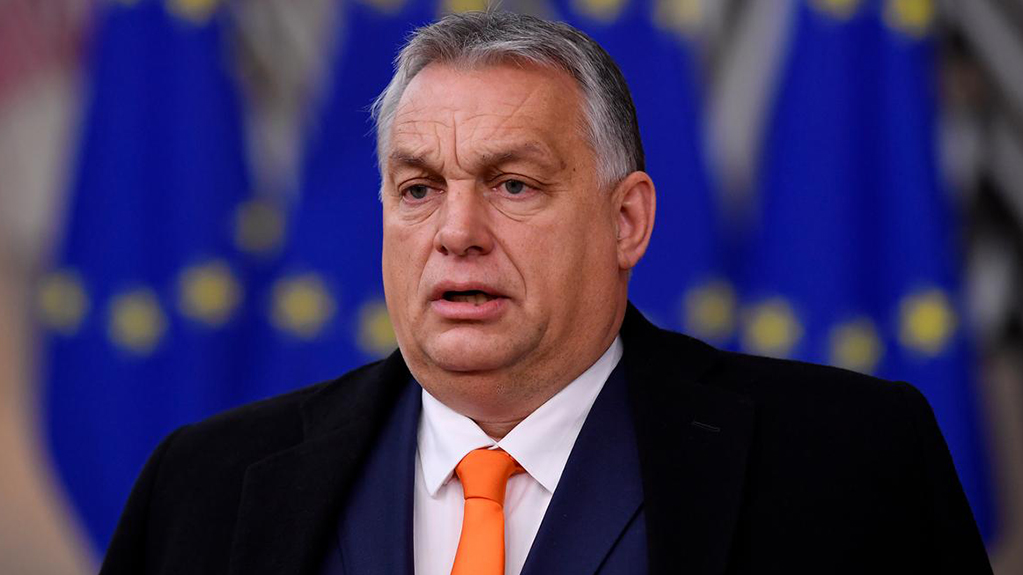Hungarian Prime Minister Viktor Orban's right-wing populist Fidesz party received 44.6% of the vote in the European Parliament elections, marking its worst showing in two decades.
News
After 2009, the results for Orban's party exceeded 50%, and in 2004, it took 47.4%. This means that Fidesz will have 11 deputies in the European Parliament instead of the current 13.
The main rival of Fidesz, which has been in power since 2010, is the new center-right party TISZA, led by Peter Magyar. TISZA won 29.7% of the votes and will receive 7 mandates in the parliament. Reuters reports that Magyar, who entered politics earlier this year, promised voters to eliminate corruption and restore democratic checks and balances, which critics say have been eroded under Orbán. Two more mandates from Hungary go to the Social-Democratic Alliance, and one mandate goes to the ultra-right party Our Motherland.
Viktor Orban, who maintains close business ties with Russia and blocks EU aid initiatives for Ukraine, supports the Georgian government. On April 25, Georgian Prime Minister Irakli Kobakhidze, speaking at the Conservative Political Action conference in Hungary, said that Orbán is "a role model."
The European Parliament elections took place on June 6-9 and ended with the victory of the center-right parties alliance. According to preliminary official results, the European People's Party (EPP) will get 186 out of 720 parliamentary seats. This is an increase from the 176 seats the EPP won after the 2019 elections. The Progressive Alliance of Socialists and Democrats (S&D) is in second place with 135 seats. Based on preliminary results, Renew Europe will have 79 MPs, European Conservatives and Reformists (ECR) will have 73, Identity and Democracy (ID) will have 58, Greens/EFA will have 53, and The Left will have 36.
It is estimated that 45 mandates will be allocated to members who do not belong to any of the political groups listed above, and to newly elected members who do not belong to any of the political groups created in the Parliament from 2019 to 2024.
The mandate of a member of the European Parliament is five years.















